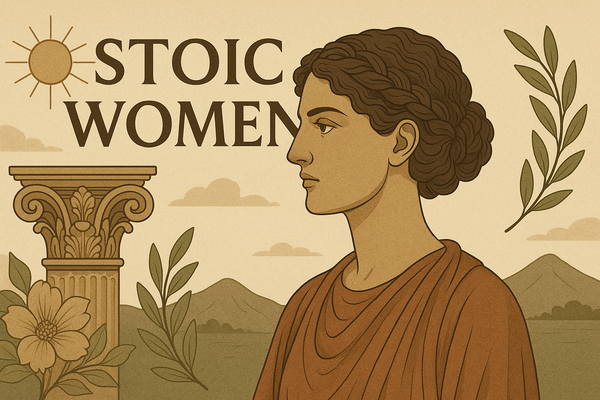
Women of Stoicism: The Forgotten Voices That Shaped the Porch
Discover stoic women who shaped philosophy—from Porcia and Arria to Nancy Sherman—with bios, quotes, and a 7-day challenge.
Cornificia: “My poor, unhappy soul… be free; show them you are the daughter of Marcus Aurelius!”
— Cassius Dio (Epit. 78)
TL;DR: Stoic women are amazing—from Arria’s calm backbone to Carter’s translation marathon and Sherman’s community-centric Stoicism. Below: mini-bios, a quotes bank, and a 7-day practice—plus footnoted sources you can trust.
It’s pro-wise emotions—and, as philosopher Nancy Sherman shows, real resilience grows through relationships and social support, not rugged isolation.1 Goodreads+1
Why this matters
When most people hear “Stoic,” they picture bearded Romans. That’s a branding problem, not a historical one. From the beginning, Stoicism held that virtue is human, not male. The Roman teacher Musonius Rufus argued explicitly that women should study philosophy because they share the same rational nature and capacity for virtue as men (full text: “That women too should study philosophy”: https://sites.google.com/site/thestoiclife/the_teachers/musonius-rufus/lectures/03).
If we care about Stoicism as a living art of life—not a museum piece—we need the full cast. Below you’ll meet ancient exemplars, the scholar-transmitters who put Stoic texts in readers’ hands, and modern voices making the philosophy more compassionate, communal, and inclusive.
Stoicism in 90 seconds (beginner-friendly)
• You control your judgments and actions, not outcomes.
• Aim at virtue (wisdom, justice, courage, temperance).
• Method: notice → reframe → act → review.
• Myth to drop: “stoic = emotionless.” Ancient Stoicism prunes destructive reactions so better feelings (goodwill, rational joy, appropriate caution) can grow—in community.
Wollstonecraft: “If women are by nature inferior to men, their virtues must be the same in quality…”
— Vindication, Ch. 2.
Ancient Stoic Women (mini-bios)
Arria Major (d. 42 CE) — Calm courage in one line.
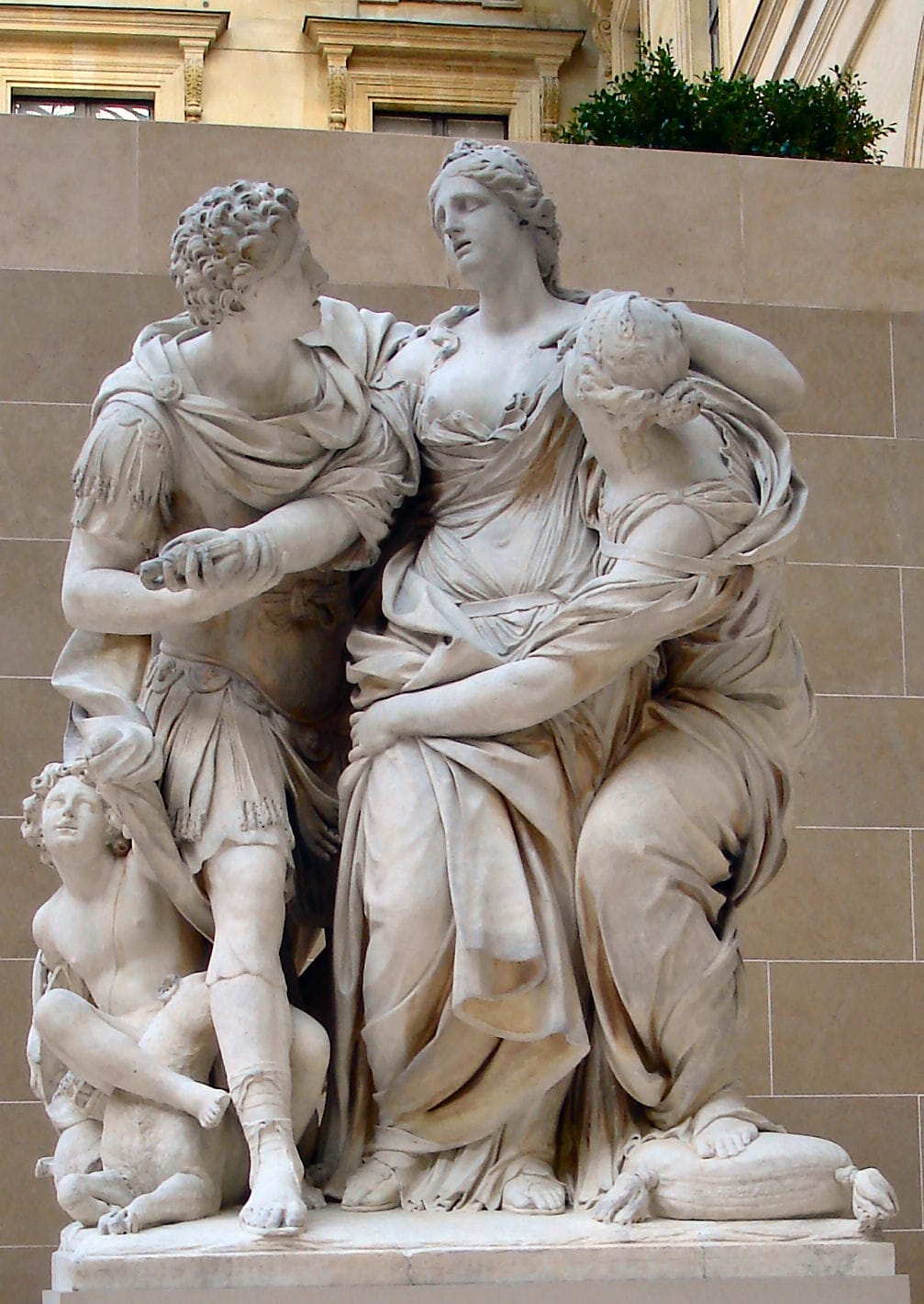
When her husband Caecina Paetus hesitated at a forced suicide, Arria stabbed herself first, handed him the dagger, and said: “Paete, non dolet”—“Paetus, it doesn’t hurt.” Recorded by Pliny the Younger, Letters 3.16 (Attalus translation: http://www.attalus.org/old/pliny3.html#16 or Pomona: https://pages.pomona.edu/~cmc24747/sources/plin_1-5.htm).
Fannia (1st c. CE; d. c. 103) — Backbone of the “Stoic opposition.”
Daughter of Thrasea, wife of Helvidius. She followed her husband into exile, later commissioned his biography and accepted punishment for it. Pliny’s Letters 7.19 praises her character: “It pains me that so great a woman will be snatched from the eyes of her people, and who knows when her like will be seen again. What chastity, what sanctity, what dignity, what constancy!” (http://www.attalus.org/old/pliny7.html#19).
Porcia Catonis (c. 73–42 BCE) — Iron-willed exemplar (legend flagged).
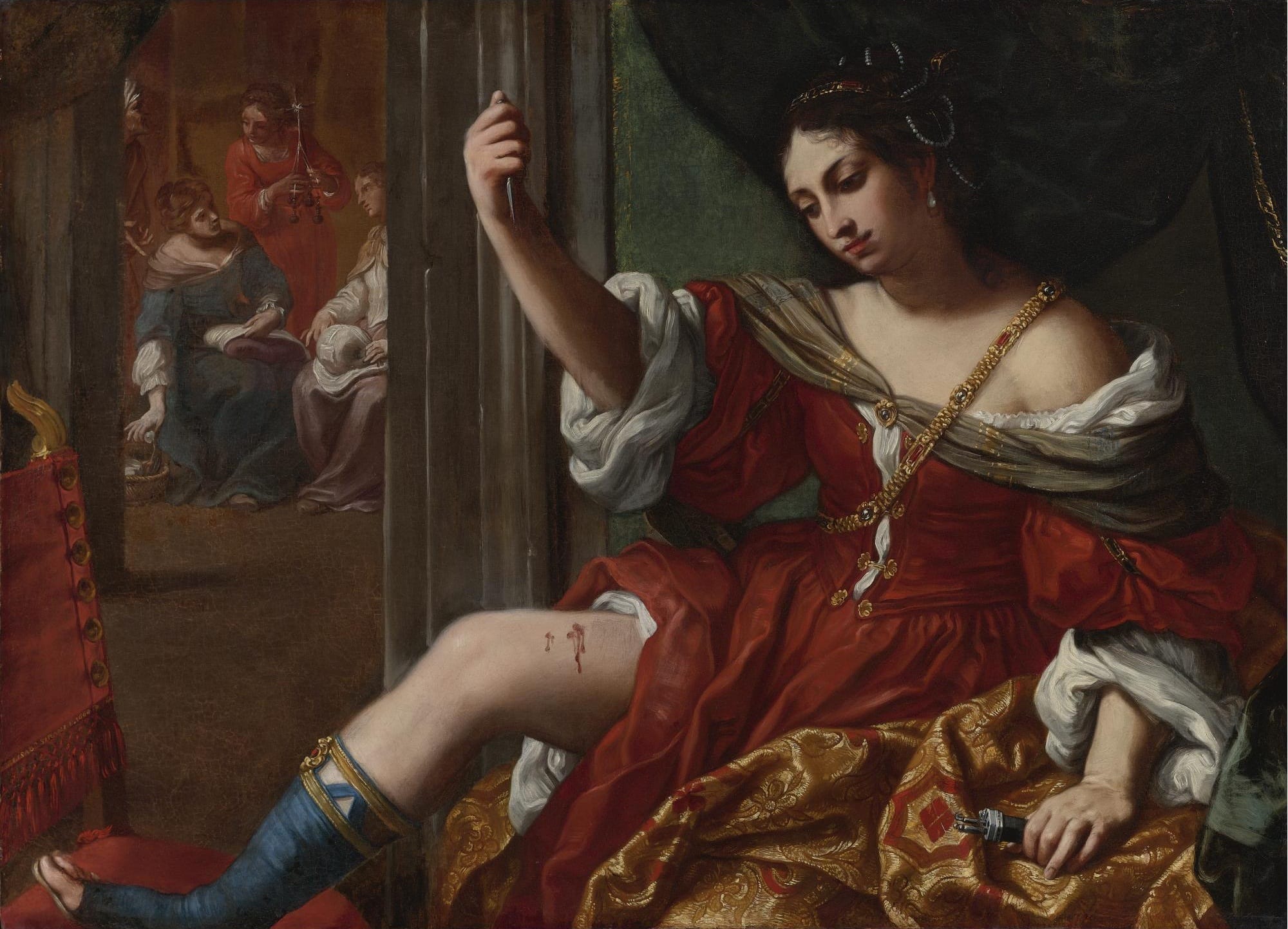
Raised in Cato’s house, married to Brutus. Ancient sources depict Porcia as fiercely Stoic—famously wounding her thigh to prove endurance and trustworthiness. The “hot coals” suicide story is debated (possibly symbolic/exaggerated). For the historical context and the debate, see National Geographic: https://www.nationalgeographic.com/premium/article/porcia-rome-brutus-julius-caesar and Donald Robertson’s overview: https://donaldrobertson.name/2013/12/11/lady-stoics-1-porcia-catonis/.
Annia Cornificia Faustina Minor (160–212 CE) — Marcus’s daughter, dignity to the end.
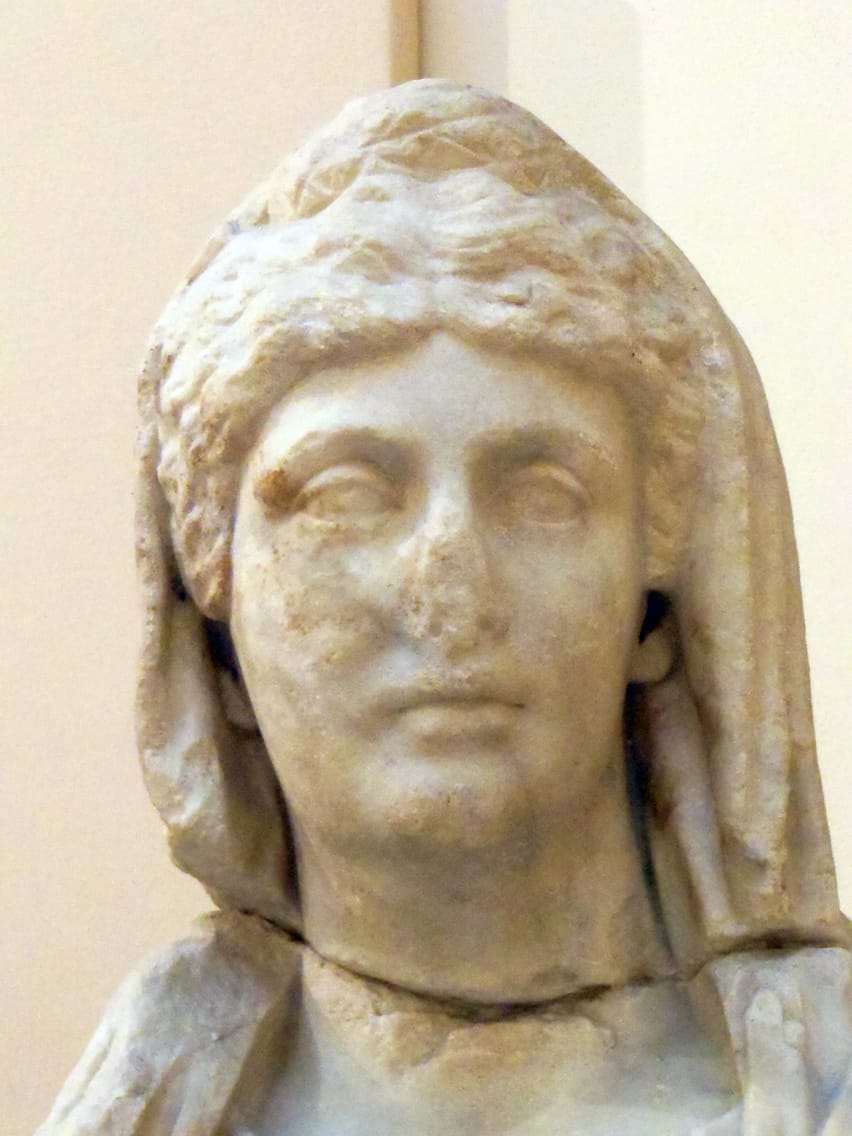
Ordered to die under Caracalla, Cornificia reportedly told her soul: “Poor, unhappy soul… go forth, be free—show them you are Marcus’ daughter!” Preserved via Cassius Dio (Epitome of Book 78; note Dio survives in epitomes here): https://penelope.uchicago.edu/Thayer/e/roman/texts/cassius_dio/78*.html.
Early-Modern & Modern Voices
Elizabeth Carter (1717–1806) — She put Epictetus in English hands.
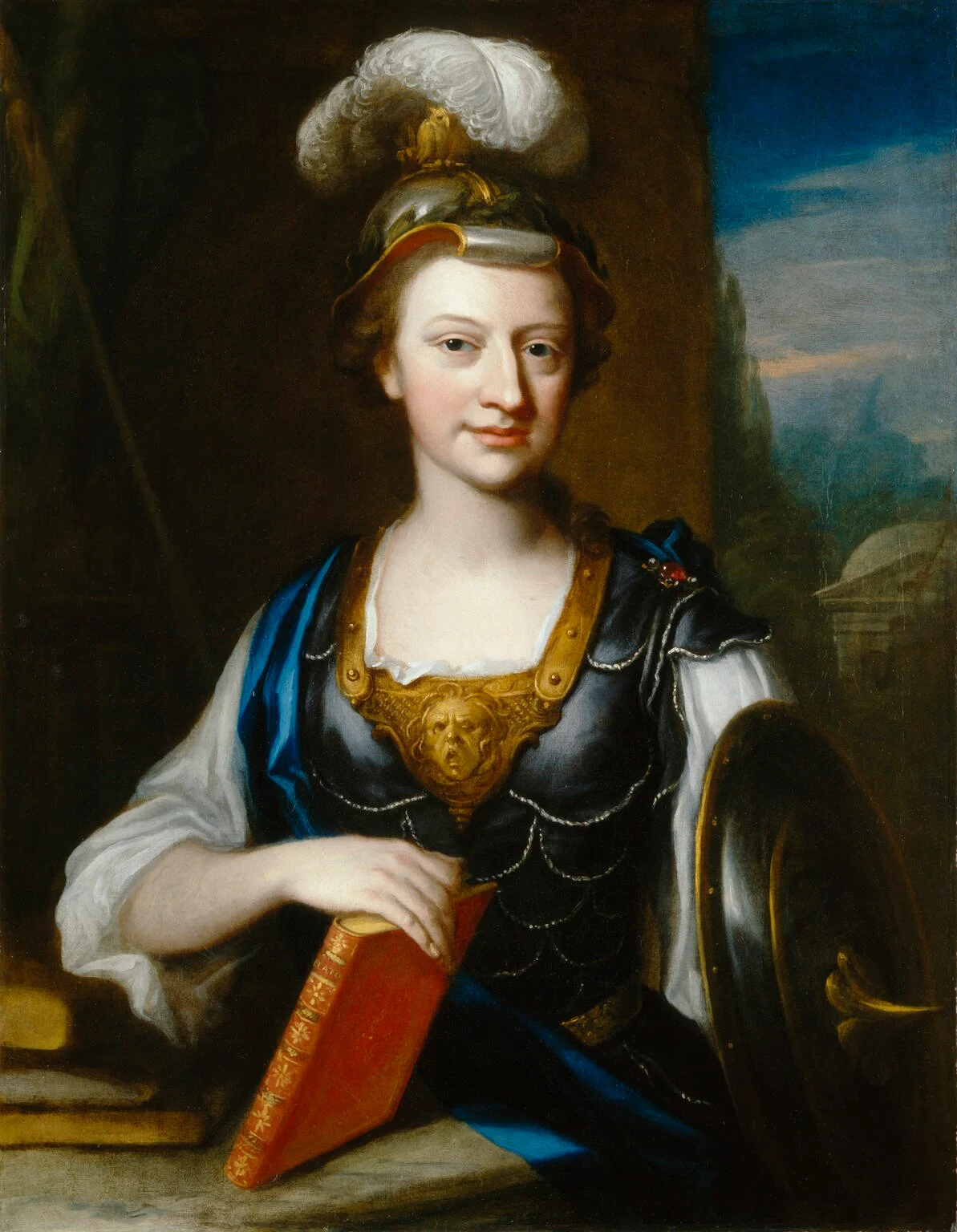
In 1758, Carter published the first full English translation of Epictetus (Discourses, Enchiridion, fragments). HathiTrust catalog record: https://catalog.hathitrust.org/Record/009037464. Virginia Woolf later saluted her as “the valiant old woman who tied a bell to her bedstead… to learn Greek” (A Room of One’s Own full text: https://gutenberg.net.au/ebooks02/0200791h.html; quote also here: https://www.goodreads.com/quotes/10376787).
Mary Wollstonecraft (1759–1797) — A feminist echo of Stoic universals.
In A Vindication of the Rights of Woman (1792), she writes:
“If women are by nature inferior to men, their virtues must be the same in quality, if not in degree, or virtue is a relative idea; consequently, their conduct should be founded on the same principles, and have the same aim.”
Sharon Lebell (b. 1956) — The modern voice that made Epictetus sing.
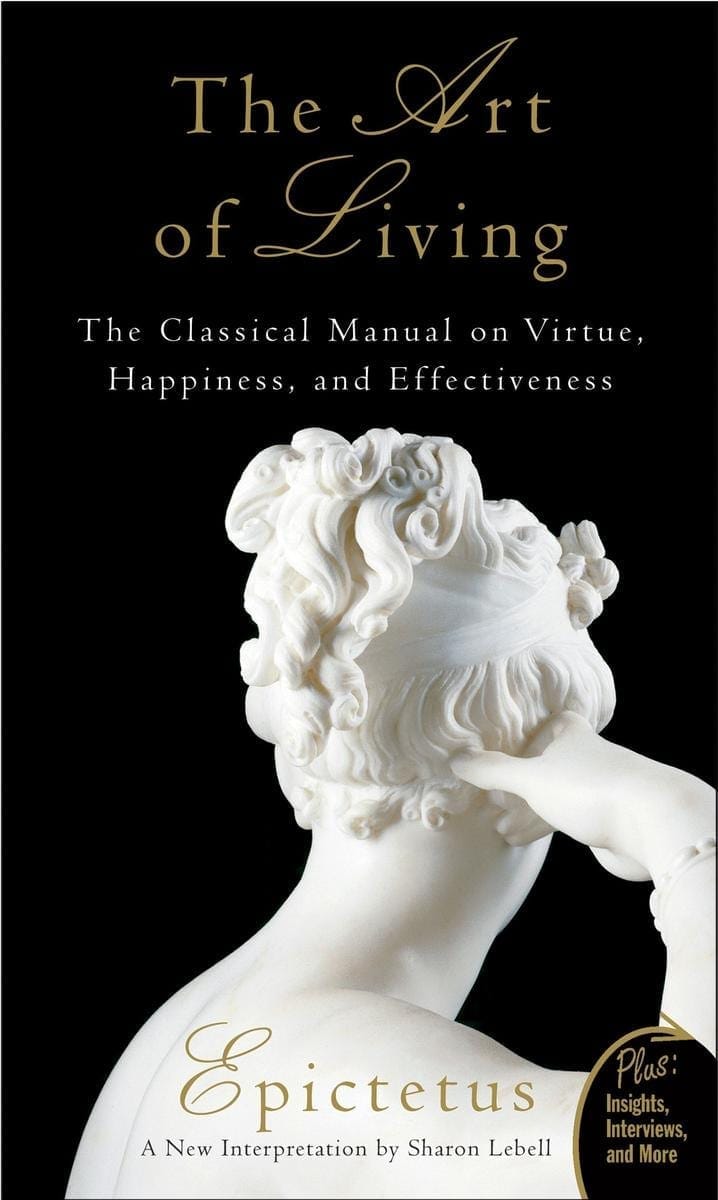
Her book The Art of Living (1995) made Epictetus accessible decades before the Stoic boom. She argues for a “protean, adaptive, and evolving Stoicism.” Learn more here.
Nancy Sherman (b. 1951) — Stoicism with community at the center.

In Stoic Wisdom (2021) she clarifies that Stoic resilience is social as well as inner:
“Stoicism… sees social supports—and not just inner strength—as critical to how we surmount adversity.”
Emily Wilson (b. 1971–present) — Translator & Seneca biographer who uses the tools.

In interview, she says Epictetus’ “indifferent things” frame helps her keep perspective—and reading Seneca can cheer her up during difficult patches. Interview: .
7-Day “Stoic Women” micro-challenge
- ⭕️ Day 1 (Wisdom): List one thing outside control; choose your response.
- ⚖️ Day 2 (Justice): Help someone quietly, no credit.
- 💪 Day 3 (Courage): One difficult call, kind and direct.
- 🧘♀️ Day 4 (Temperance): Remove one comfort until evening; observe calmly.
- 🤝 Day 5 (Community): Ask for help or offer it—build mutual resilience.
- 📖 Day 6 (Study): Read a page of Epictetus/Carter; write one line you’ll use.
- 👁️ Day 7 (Perspective): Journal: “What would my favorite Stoic woman admire in my day?”
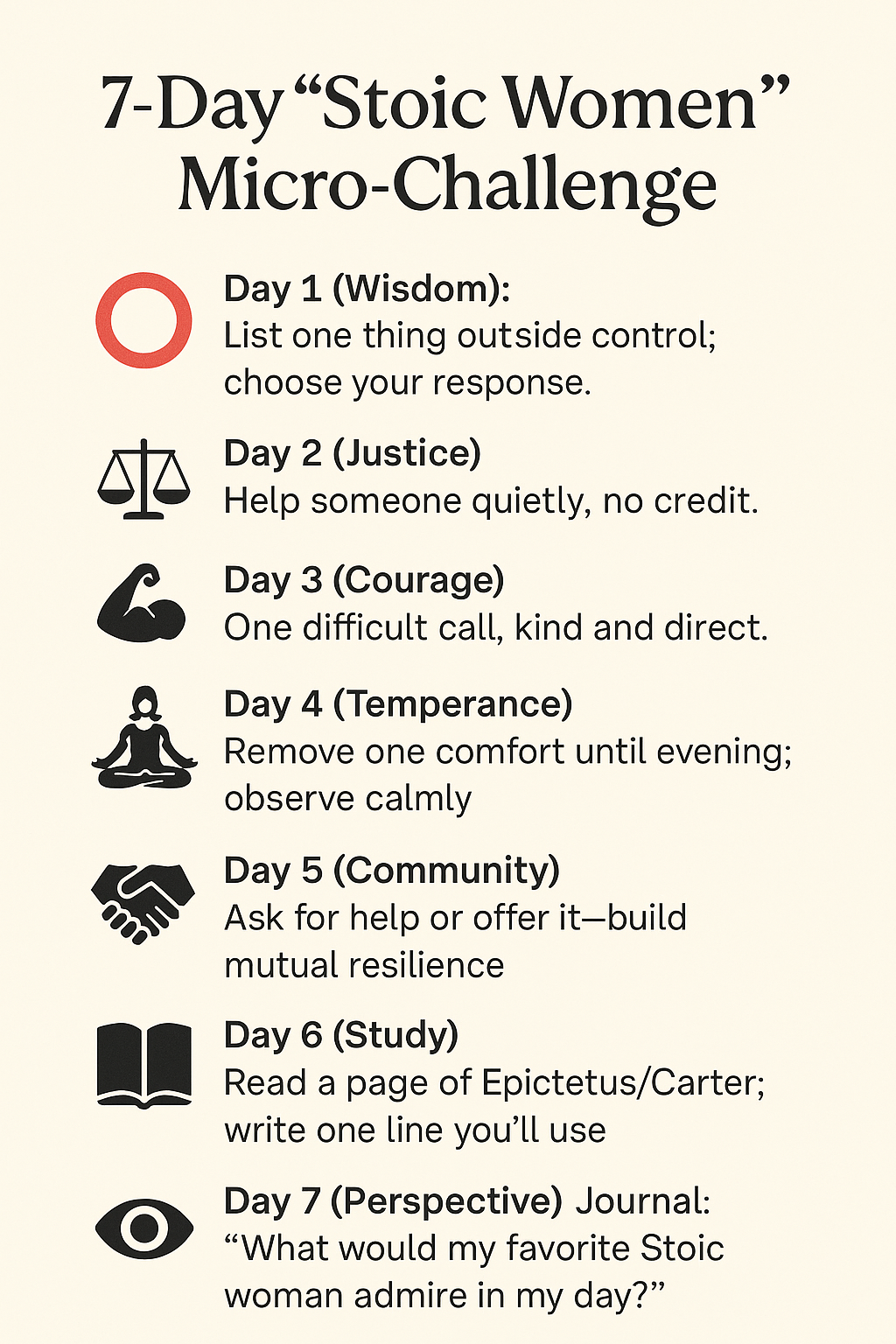
People Also Ask (quick answers)
Were there female Stoic philosophers in antiquity?
Yes. Ancient sources praise Arria, Fannia, Porcia, and Cornificia; Musonius explicitly argued women should study philosophy (Musonius: https://sites.google.com/site/thestoiclife/the_teachers/musonius-rufus/lectures/03; Arria/Fannia: Pliny 3.16 and 7.19; Cornificia: Cassius Dio Epit. 78).
Is “stoic woman” just a stiff-upper-lip trope?
No. Stoicism seeks healthy emotions and social virtue. See Sherman’s work on social supports in resilience: https://www.goodreads.com/book/show/55711636-stoic-wisdom.
Who kept Stoicism alive for modern readers?
Elizabeth Carter (1758) put Epictetus in English (https://catalog.hathitrust.org/Record/009037464). Sharon Lebell (1995) popularized Epictetus (https://modernstoicism.com/women-dont-need-stoicism-stoicism-needs-women-by-sharon-lebell/). Emily Wilson discusses using Stoic tools (https://dailystoic.com/emily-wilson/).
Are there more stoic women today?
Absolutely—check Brittany Polat (Stoicare; Tranquility Parenting: https://www.brittanypolat.com/ and https://www.bloomsbury.com/us/tranquility-parenting-9781538112427/) and Eve Riches (Modern Stoicism team; mentoring: https://modernstoicism.com/the-team/ and https://www.everiches.com/).
Attribution & accuracy note: Bios draw from classical texts (Pliny, Cassius Dio) via modern translations and reputable scholarship. Legends like Porcia’s “hot coals” are debated—I’ve flagged them. The aim is to capture the Stoic spirit—fortitude, clarity, service—without overselling the literal details.
Sources & further reading (clickable)
Musonius Rufus, Lecture III (full text): https://sites.google.com/site/thestoiclife/the_teachers/musonius-rufus/lectures/03
Pliny the Younger, Letters 3.16 (Arria): http://www.attalus.org/old/pliny3.html#16 (alt: https://pages.pomona.edu/~cmc24747/sources/plin_1-5.htm)
Pliny the Younger, Letters 7.19 (Fannia): http://www.attalus.org/old/pliny7.html#19
Cassius Dio, Roman History (Epit. 78) — Cornificia: https://penelope.uchicago.edu/Thayer/e/roman/texts/cassius_dio/78*.html
Elizabeth Carter’s Epictetus (1758) — catalog: https://catalog.hathitrust.org/Record/009037464
Mary Wollstonecraft, A Vindication of the Rights of Woman, Ch. II: https://en.wikisource.org/wiki/A_Vindication_of_the_Rights_of_Woman/Chapter_II
Sharon Lebell, “Women don’t need Stoicism; Stoicism needs Women”: https://modernstoicism.com/women-dont-need-stoicism-stoicism-needs-women-by-sharon-lebell/
Nancy Sherman, Stoic Wisdom (quotes page): https://www.goodreads.com/work/quotes/86290135-stoic-wisdom-ancient-lessons-for-modern-resilience
Virginia Woolf, A Room of One’s Own (full text): https://gutenberg.net.au/ebooks02/0200791h.html
Porcia context/debate: National Geographic: https://www.nationalgeographic.com/premium/article/porcia-rome-brutus-julius-caesar and Robertson’s “Lady Stoics #1”: https://donaldrobertson.name/2013/12/11/lady-stoics-1-porcia-catonis/
Emily Wilson interview: https://dailystoic.com/emily-wilson/